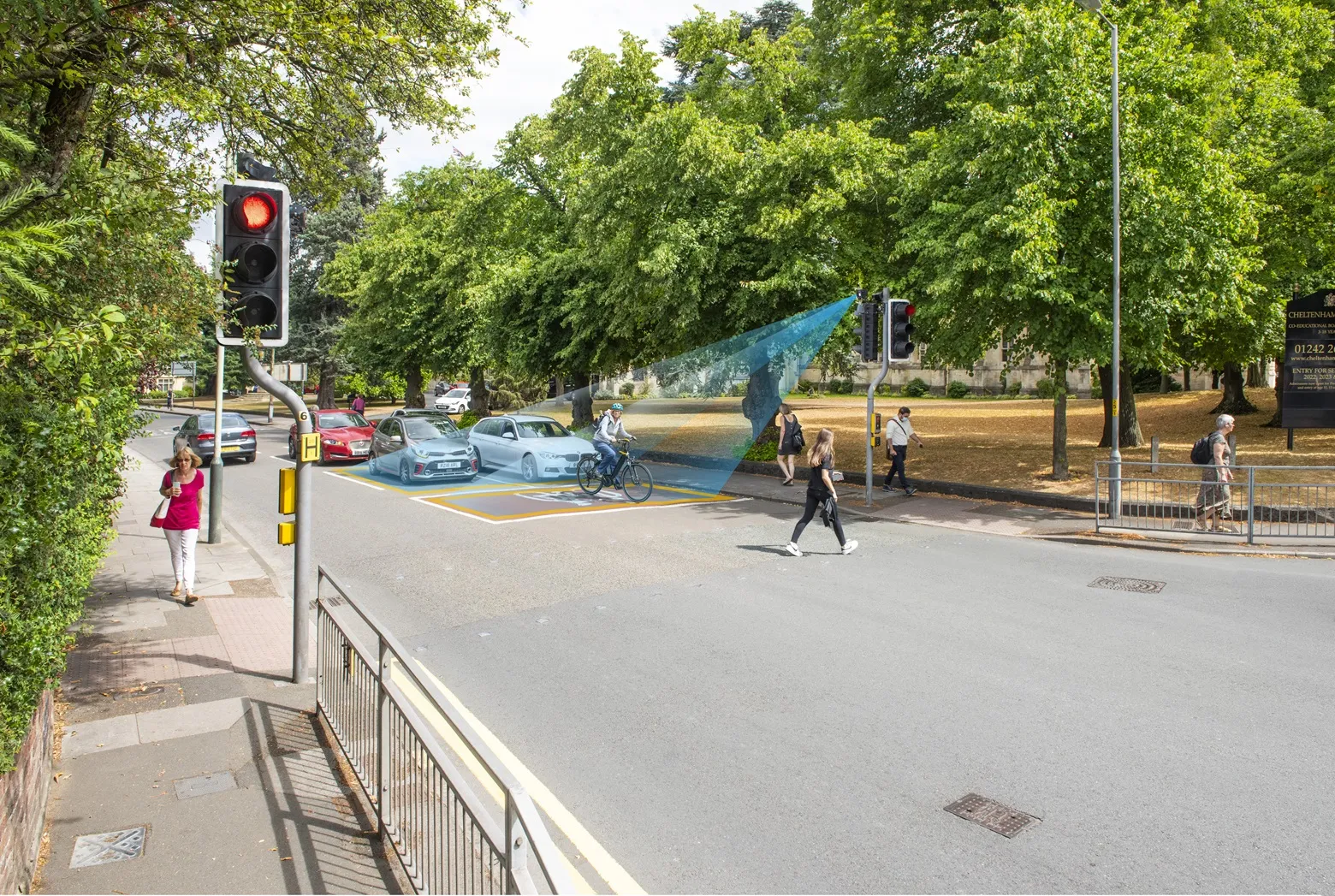Videalert’s digital video platform, used for the enforcement of parking, bus lane and moving traffic contraventions, has received Department for Transport (DfT) Manufacturers Certification as an approved device by the Vehicle Certification Agency (VCA) on behalf of the Welsh Government.
Videalert’s Digital Video Platform now enables Welsh councils to capture the full range of moving traffic offences including bus lanes, bus lanes with adjacent parking, banned turns, box junctions, restricted zones, weig
January 14, 2016
Read time: 2 mins
Videalert’s Digital Video Platform now enables Welsh councils to capture the full range of moving traffic offences including bus lanes, bus lanes with adjacent parking, banned turns, box junctions, restricted zones, weight restrictions and one way traffic.
The Videalert digital video platform runs multiple civil traffic enforcement, traffic management, school safety and police ANPR applications simultaneously whilst delivering high capture rates and low operating costs. According to Videalert, it provides effective and reliable unattended enforcement in high traffic volume environments by combining ANPR with video analytics. This provides an additional layer of intelligence to track moving objects and accurately capture only those vehicles actually committing an offence, something that cannot be achieved using traditional ANPR-only systems.
David Richmond, CEO of Videalert, said: “We are pleased to have achieved this accreditation which will significantly speed up the installation process for councils throughout Wales that wish to enforce moving traffic contraventions. It provides councils with access to the latest digital enforcement system, which is already in widespread use across London and the UK, where it is helping to reduce congestion and improve traffic flows.”









